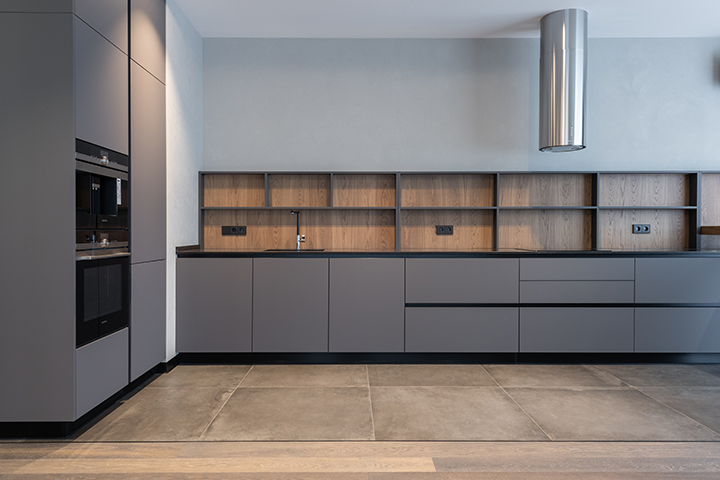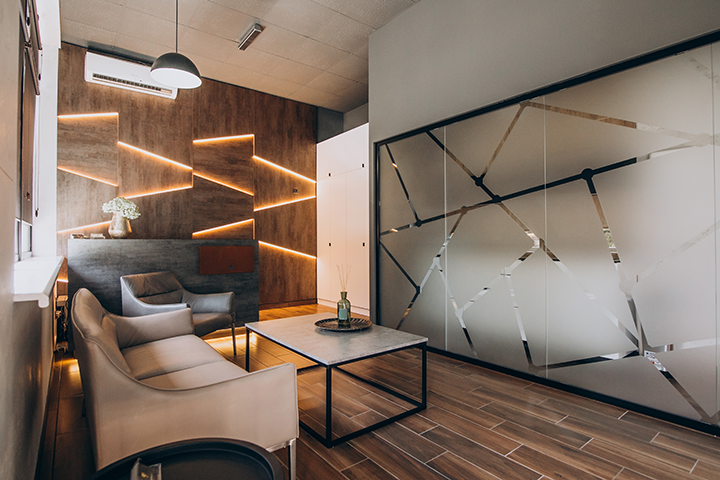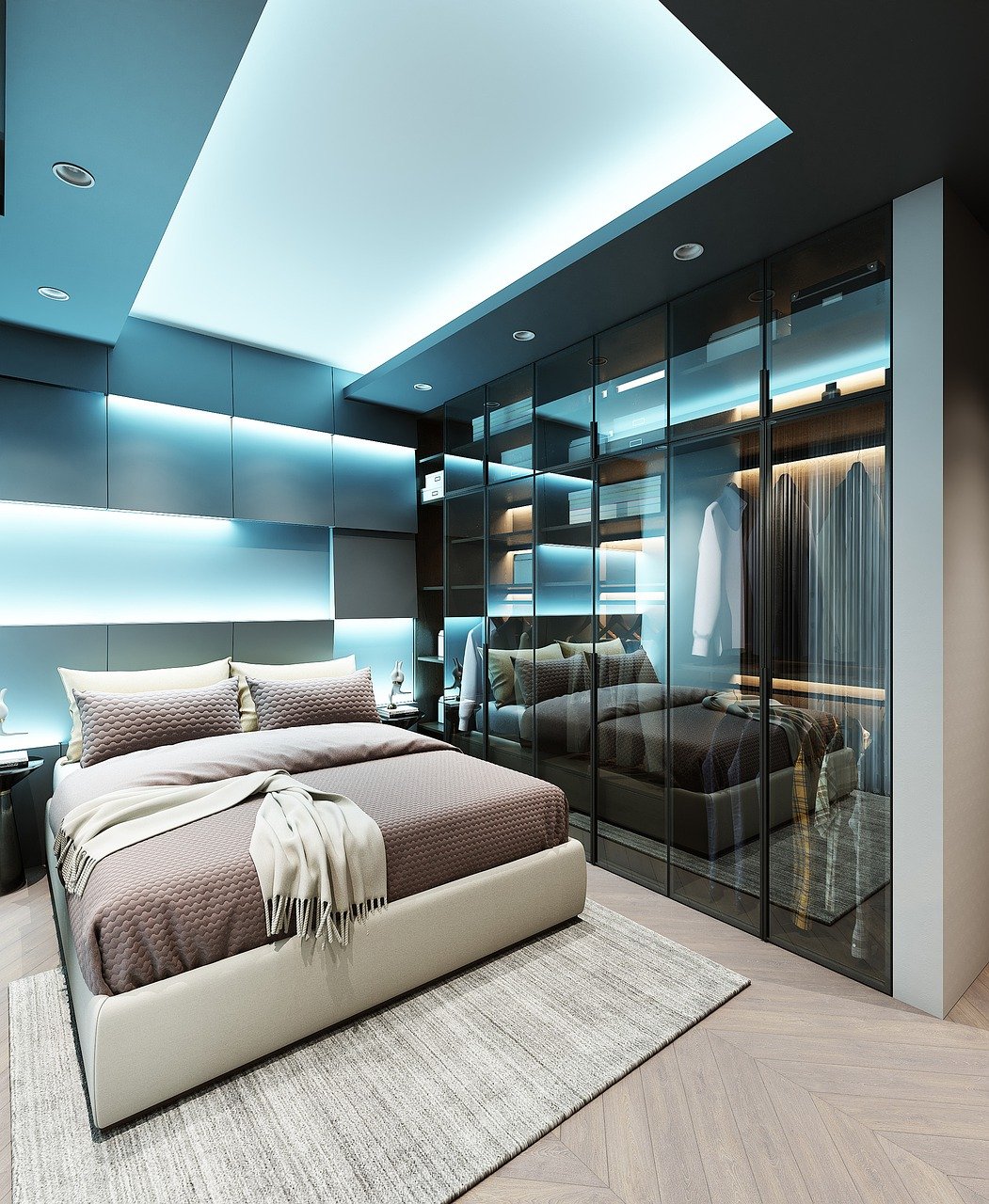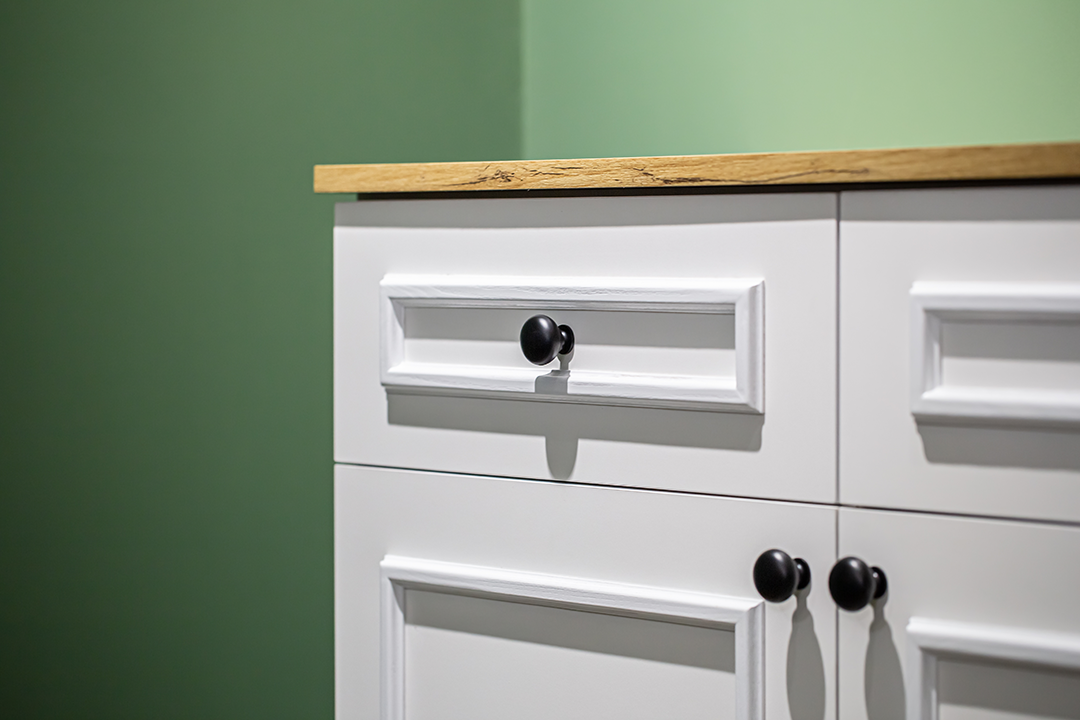In modern architecture, the concept of space is a central pillar that redefines how buildings are designed and experienced. The emphasis lies in creating open, flexible, and functional spaces that cater to the needs and lifestyles of today’s inhabitants. Open floor plans and unobstructed spaces are favored, encouraging fluid movement and interactions. This approach not only promotes a sense of freedom and connectivity but also allows for seamless integration with the surrounding environment, blurring the lines between indoor and outdoor spaces.
Minimalist aesthetics play a crucial role in modern architecture, with a focus on simplicity, clean lines, and the elimination of unnecessary elements. By reducing clutter and ornamentation, the design highlights the essential aspects of the space, creating a harmonious and uncluttered atmosphere. Additionally, modern architects consider the significance of natural light and ventilation, utilizing large windows, skylights, and sustainable materials to maximize the entry of daylight and fresh air. The result is an environmentally conscious and aesthetically pleasing space that supports the well-being and comfort of its occupants while embracing the principles of efficiency and sustainability.
why is space important in modern architecture

Space is crucial in modern architecture for several reasons:
Functionality and Efficiency:
Modern architecture emphasizes practicality and efficient use of space. Creating well-designed spaces allows for optimal functionality, smooth traffic flow, and maximized utility of the building.
Aesthetics and Visual Appeal:
The thoughtful use of space can enhance the visual appeal of a building. Modern architects often incorporate open floor plans, clean lines, and minimalist designs that promote a sense of openness and airiness.
Natural Light and Ventilation:
Adequate space planning allows for the integration of windows, skylights, and ventilation systems, enabling the entry of natural light and fresh air. This not only reduces energy consumption but also promotes a healthier and more pleasant indoor environment.
Flexibility and Adaptability:
Modern architecture recognizes the need for adaptable spaces that can accommodate changing needs over time. Flexible spaces can be easily reconfigured to suit various functions, making the building more versatile and future-proof.
Connection with Surroundings:
By carefully considering the relationship between indoor and outdoor spaces, modern architecture can create a seamless connection with the surrounding environment. This integration with nature enhances the overall experience for the occupants and fosters a sense of harmony.
Psychological Impact:
Well-designed spaces can have a positive psychological impact on individuals. Open, well-lit areas can promote feelings of relaxation and well-being, while enclosed and intimate spaces can provide comfort and privacy.
Sustainability:
Efficient use of space is essential in sustainable design. By optimizing the building’s footprint and minimizing wasted space, architects can reduce the environmental impact of construction and improve resource efficiency.
Innovative Design Solutions:
Modern architecture often pushes the boundaries of creative design solutions. Utilizing space in innovative ways can lead to unique and inspiring buildings that challenge conventional norms and inspire new possibilities.
In summary, space plays a pivotal role in modern architecture by influencing functionality, aesthetics, sustainability, and the overall experience of occupants. Thoughtful space planning is a fundamental aspect of creating contemporary buildings that are both visually stunning and highly functional.
you can see all our services by clicking on this link ourservise



